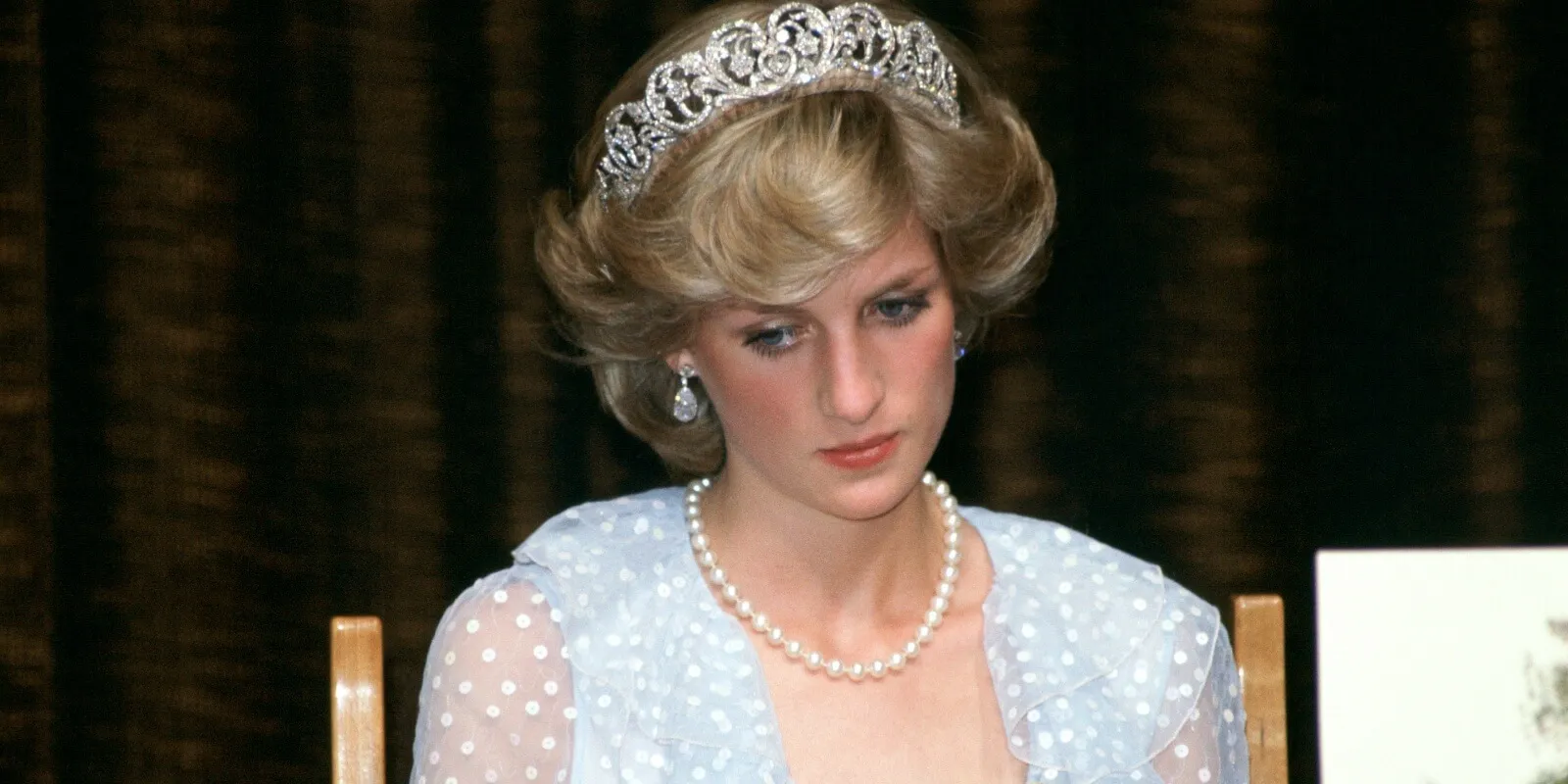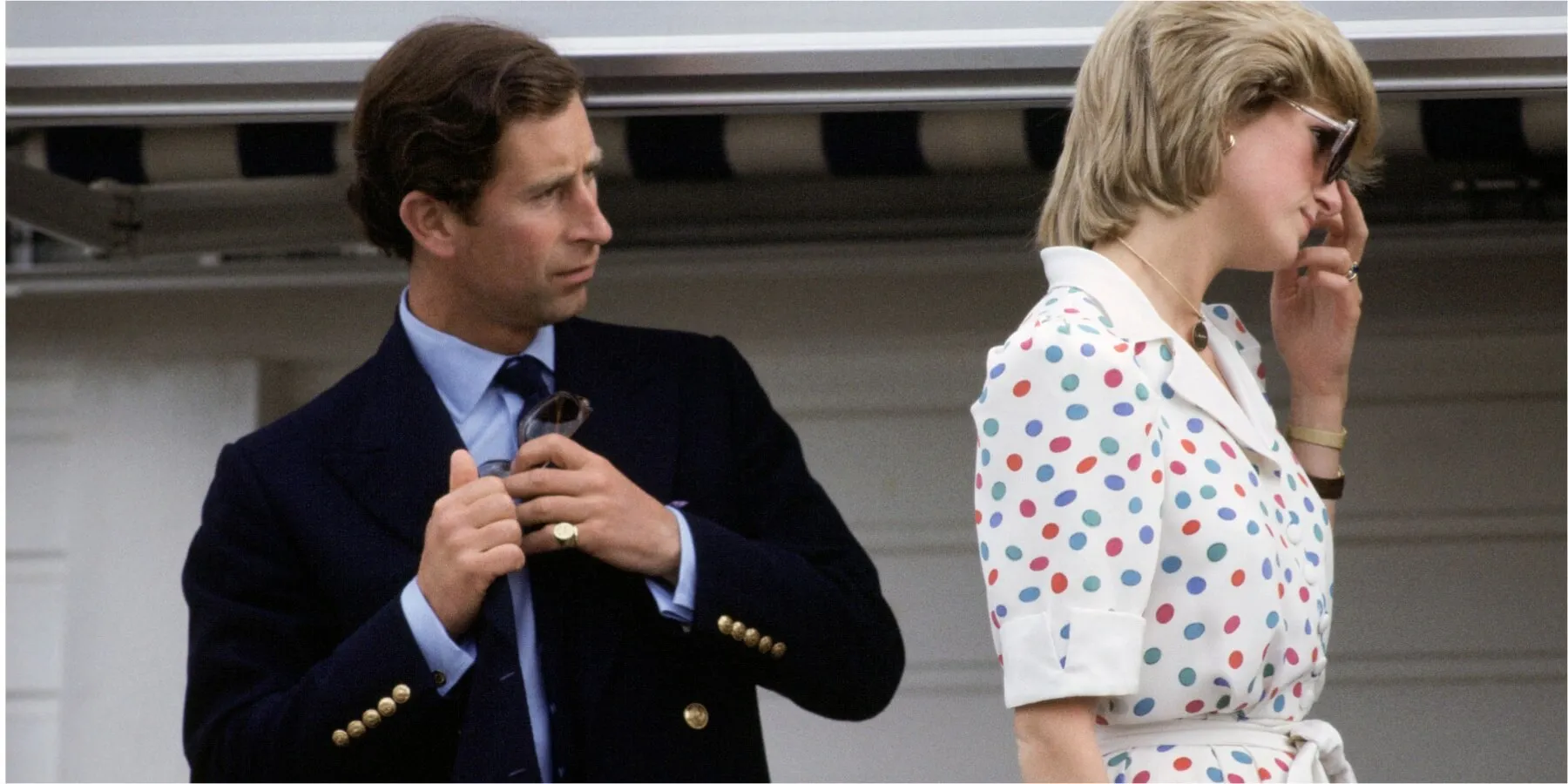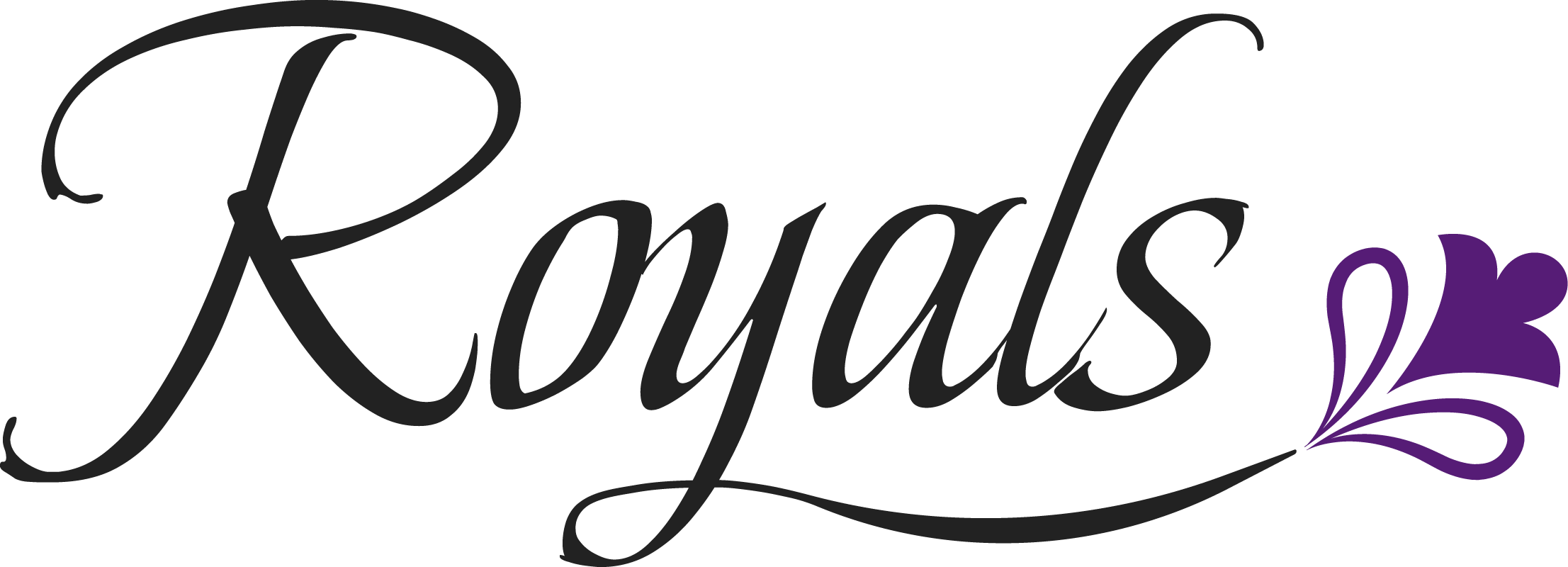
Princess Diana Was One of the Most ‘Insecure People I Have Ever Met’: Author
Princess Diana was one of the most beloved members of the royal family in recent history. She was admired for her philanthropic work, her beauty and style, and the love she demonstrated toward her sons, Princes William and Harry. However, an author with close ties to those who knew Diana best, called the People’s Princess one of the most “insecure people I have ever met.”
A royal author claims the royal family’s most popular member was ‘insecure’
Princess Diana may have entered the royal family’s spotlight as a quiet and shy 19-year-old, but her metamorphosis within its ranks was one of the most extraordinary. While navigating the spotlight, Diana managed to do credible work for the House of Windsor as Princess of Wales.
However, behind the scenes, Diana reportedly questioned her place in the royal firm. Her marriage with then-Prince Charles was rocky due to his affair with Camilla Parker Bowles.
Still, she sought guidance from friends, and some books claim the princess utilized spiritual healers, tarot card readers, and psychics to help her understand her life’s trajectory. Energy healer Simone Simmons, whom Diana grew close to later in life, claimed the princess’ search for self stemmed from her insecurities.
Per Vanity Fair, Simmons said in Diana: The Last Word, “Diana was one of the most insecure people I had ever met. That inner pain drove her to seek relief and comfort in some very odd ways, and there was hardly a therapy that, at some time or other, she hadn’t tried.’
She added, “Some were of undoubted benefit. Others were pure quackery. A few were downright harmful.”
Princess Diana wanted to feel ‘validated’
Princess Diana reportedly felt suffocated by the royal machine that made her the most recognizable woman in modern history. Her marriage was failing and with her every move criticized by the palace, Diana looked for relief from her insecurities.
Simone Simmons believed that Diana just wanted something and someone to connect to, as a way to make her existence in the royal machine validated. “She was one of the closest friends I have ever had, and we talked about everything and anything in an open, girlie way, without secrets or subterfuge,” she said in Diana: The Last Word.
“I found that I was able to unburden myself with Diana, who was also a good listener, and, because of her problems, had a ready understanding of other people’s difficulties.”
Perhaps Diana’s insecurities stemmed from the instability of her parents’ very public divorce, from which she reportedly never recovered. Upon joining the royal family as a teenager, every aspect of her appearance, behavior, and personal life was under a microscope, adding significant pressure.
Diana’s feelings of inadequacy and jealousy were compounded by the realization that she wasn’t truly loved by her husband in the way she had hoped. The emotional neglect and eventual infidelity further eroded her self-confidence, leading to Diana’s struggles with bulimia and depression.
The late Princess of Wales’ ‘dark side’ reportedly led her to not trust many people

In a New York Times excerpt from Sally Bedell Smith’s book Diana: In Search of Herself, the late Princess of Wales hid a “dark side” that at times, would overpower the beauty and strength she brought to the world. Smith spoke to Diana’s friend, Rosa Monckton, who revealed that Diana was very much a dichotomy.
“Her dark side was that of a wounded trapped animal,” said Monckton. “Her bright side was that of a luminous being.”
The passage continued, “Diana’s inability to see past her intense emotions and her failure to understand consequences often overwhelmed the better part of her nature, harming family and friends and creating misery for herself. As one of her relatives said, ‘She had a perfectly good character, but her temperament overtook her.'”
The book excerpt concluded, “In public, Diana betrayed little evidence of her emotional storms—a testament to her stiff upper lip, her talent for disguise, and her determination to keep the lid on. ‘I always used to think Diana would make a very good actress because she would play out any role she chose,’ wrote her former nanny Mary Clarke.”
Princess Diana died in Paris, France in August 1997. She was 36.
How to get help: In the U.S. call the National Eating Disorders Association helpline at 1-800-931-2237. To connect with mental health resources near you, visit the National Alliance on Mental Illness (NAMI) website.



